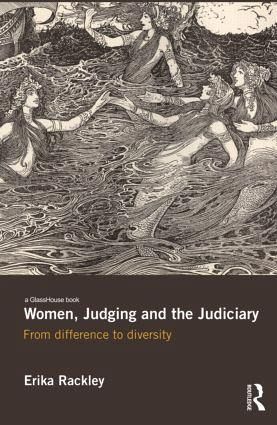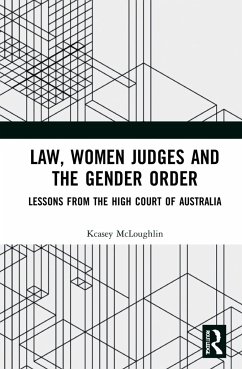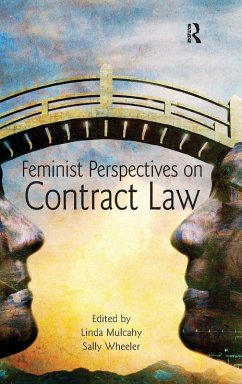
Women, Judging and the Judiciary
From Difference to Diversity
Versandkostenfrei!
Versandfertig in 1-2 Wochen
178,99 €
inkl. MwSt.
Weitere Ausgaben:

PAYBACK Punkte
89 °P sammeln!
Awarded the 2013 Birks Book Prize by the Society of Legal Scholars, Women, Judging and the Judiciary expertly examines debates about gender representation in the judiciary and the importance of judicial diversity and provides a fresh look at the role of the judge and the process of judging.














